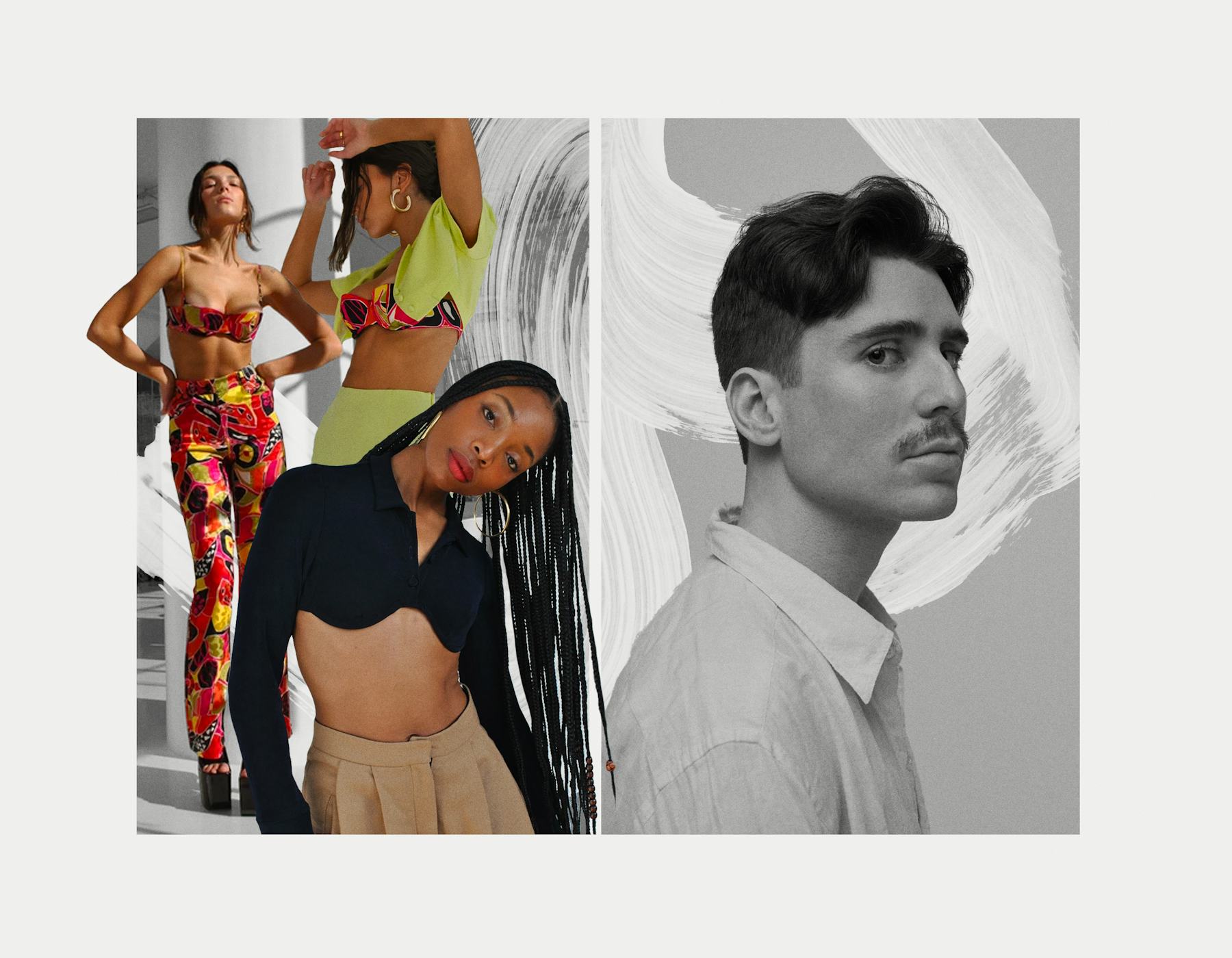
Allison Stroman - On June 28, 1969 patrons of the Stonewall Inn on Christopher Street in New York City rose up against police for their brutality and unfair treatment of the patrons. The Stonewall Uprising was the catalyst for the creation of LGBTQIA+ Pride Month. One year after the Stonewall Uprising, the first Pride march took place in New York City with between three and five thousand protesters. This march was organized by the Eastern Regional Conference of Homophile Organizations (ERCHO) to remember Stonewall and continue protesting for equal rights. Pride traditions have since expanded to include “pride parades, picnics, parties, workshops, symposia, and concerts” and memorials for those “lost to hate crimes or HIV/AIDS”.
The fashion sphere has long been a space where LGBTQIA+ people have found expression and representation. That being said, many large corporations have taken to only engaging with LGBTQIA+ organizations and charities during Pride month which begs the question; what about the rest of the year?

Chris and Courtney Rhodes of FLAVNT Streetwear are identical twins dedicated to their brand’s mission that is “all about being comfortable with who you are and flaunting that to the world”. Chris Rhodes is trans, so supporting trans people is extremely important to him. He is the creator of the bestselling “Pretty Boy” shirt that later became the starting point for FLAVNT. In addition to being a designer at FLAVNT, he is a graphic designer with a “passion for brand development and social media” and an advocate, speaker, and educator within the LGBTQIA+ community. Courtney Rhodes “helps design, promote, run the business” along with writing the captions for FLAVNT’s social media channels. She is also a graphic designer and tattoo artist who is dedicated to “trying to change the world and love her cats all at the same time”. FLAVNT supports the LGBTQIA+ community and “donates money to gender confirming surgeries”.
Marcelo Gaia of Mirror Palais founded his womenswear brand in 2019. Gaia’s mission is to “celebrate the confident women who inspire him” and honor his Brazilian Heritage. Gaia’s pieces join vintage styles with a practical consideration for the “needs of the modern woman”. As a pre order brand, Mirror Palais brings “fair wages and craftsmanship to the forefront of the fashion conversation”. Each garment is created after it has been purchased, so Mirror Palais can maintain an ethical production process and minimize waste. With items for celebrities and everyday women, Marcelo Gaia is committed to advancing diversity and inclusion.

Charles Harbison founded HARBISON STUDIO in 2013 in New York City before moving to LA and refreshing his brand after a hiatus. A designer of menswear, womenswear, and accessories, Harbison creates around central themes of “ease, modernity, culture, gender, and sustainability”. At the core of Harbison’s work is a “fascination with conceptual dualities” that informs the composition of his designs. Harbison uses deadstock and vintage elements to reduce waste and connect past and present ideas of beauty. His designs are also influenced by his education in fashion, architecture, fiber arts, and textile science which helped develop his strong understanding of aesthetics. Harbison finds inspiration in poetry, the stars, nature, and mythology. A recent addition to the core of HARBISON STUDIO is optimism and maintaining wellness.

